Author: Geoff Berridge
The system of privileges and immunities applicable to the international organisations in Switzerland and to the permanent foreign delegations in Geneva
2002
Author: Geoff Berridge
2002
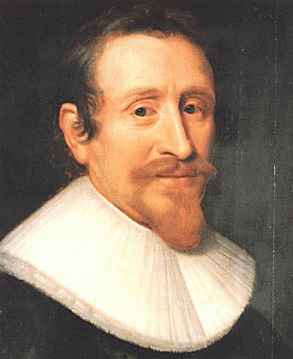
The latest piece of EU legislation on air transport security seems at first sight to contradict a wellestablished principle of diplomatic law, the freedom of diplomatic communication.
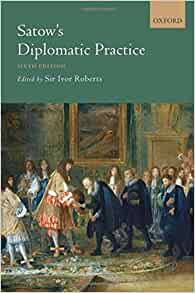
Satow's Diplomatic Practice, 6th ed., is a vital resource for diplomats with updated information on diplomacy history, diplomatic and international law, and the effect of modern changes on diplomatic work, including terrorism. This edition covers the evolution of diplomacy since the Cold War, the rise of new diplomatic practices, and the increased number of states and international organizations. The book details diplomatic privileges, missions, and consular matters, making it essential for those involved in diplomacy.

Amadeo Perez is Legal Adviser to the Permanent Mission of Switzerland to the International Organisations in Geneva, and this booklet is therefore authoritative. It is a revised edition of an article published in the UNITAR Employment Guide by Jean-Pierre Vettovaglia in 1991. As will thus be clear, it is designed to provide a non-legalistic description of its subject for new members of the Geneva diplomatic corps, specifically, those on the staff of the international organizations headquartered there as well as those attached to the permanent missions accredited to them.

The piece discusses the abuse of diplomatic immunity by foreign officials to evade legal consequences for serious crimes committed in host countries, highlighting the need for accountability and justice in these situations.
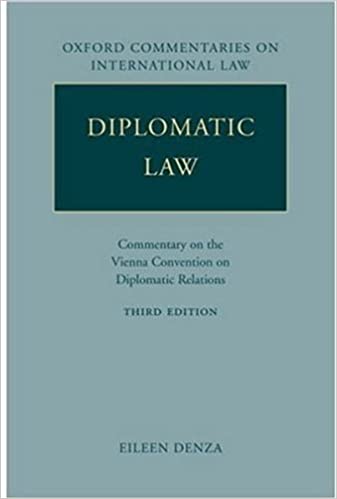
The Vienna Convention on Diplomatic Relations is a crucial treaty that governs diplomatic relations between states. It outlines the privileges and immunities granted to diplomats, ensuring their ability to carry out their duties effectively. This treaty plays a vital role in maintaining peaceful international relations and facilitating communication between nations. Diplomatic Law: Commentary on the Vienna Convention on Diplomatic Relations, 3rd ed. provides valuable insights into the interpretation and application of this convention, offering guidance to diplomats, legal practitioners, and sc...

The Vienna Convention on Consular Relations is an international treaty that governs the treatment of consular relations between states. It ensures that consular officers can perform their duties effectively and provides guidelines for consular notification and access for individuals detained in foreign countries. The convention also outlines the privileges and immunities granted to consular officers to facilitate their work and protect their independence. Overall, the Vienna Convention on Consular Relations aims to promote friendly relations between states and enhance cooperation in consular m...
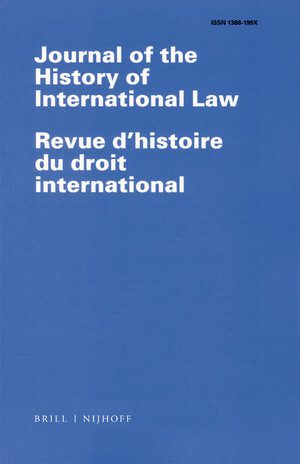
The text discusses the concept of diplomatic immunity in the ancient Near East.

The text discusses the distinctions between privileges, immunities, and facilities in the context of diplomatic relations. It explains how privileges exempt diplomats from certain laws, while immunities protect them from legal processes in the receiving state. Diplomatic facilities are provided to aid in the duties of diplomatic missions. The history of diplomatic privileges and immunities is traced from ancient times to modern diplomacy, highlighting the role these concepts play in international relations. The text also touches on the evolution of diplomatic practices, from the Renaissance to...
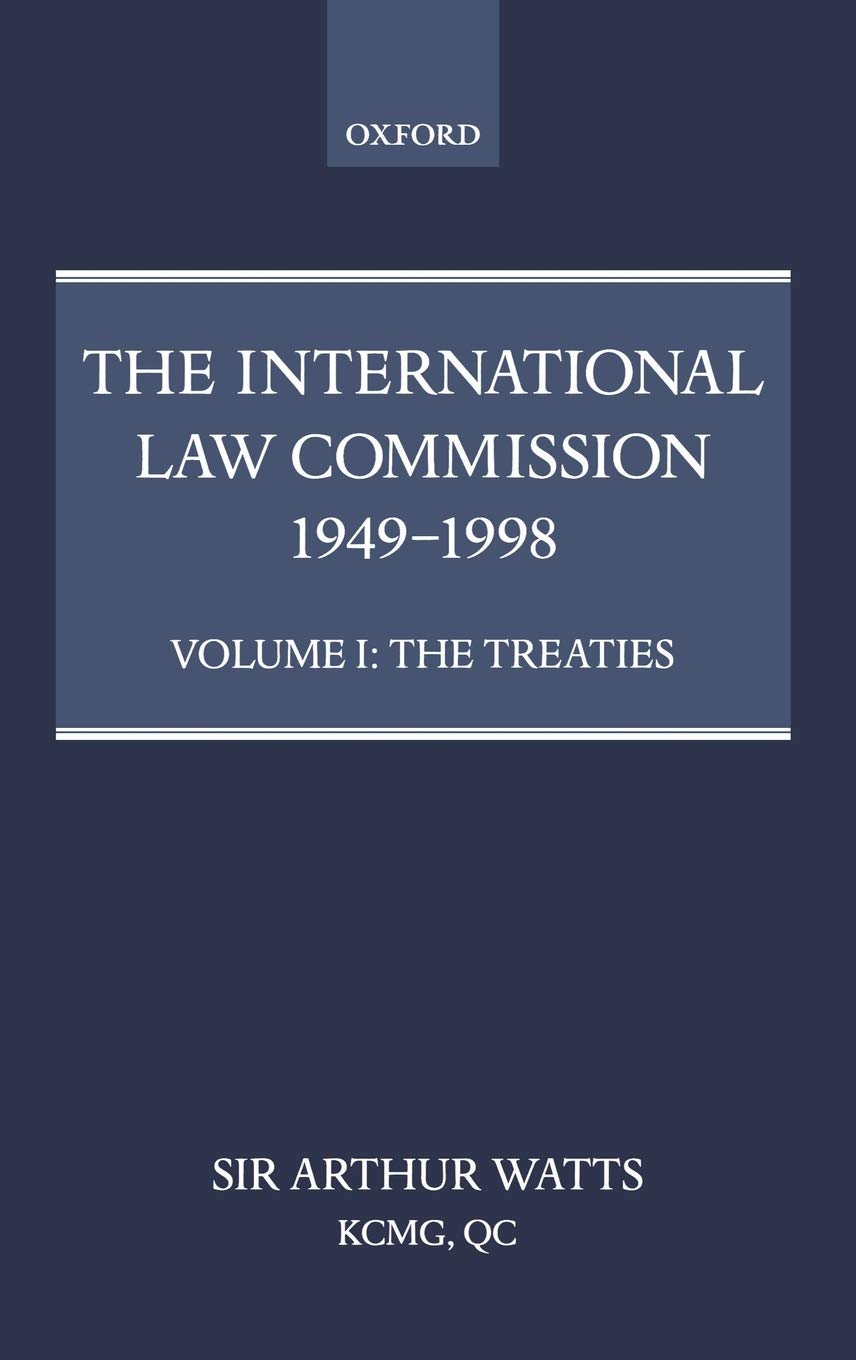
This first volume of a three-volume set is - price apart - a marvellous text for any student of diplomatic and consular law. Four of its seven chapters fall under these heads: ch. 3, the Vienna Convention on Diplomatic Relations, 1961; ch. 4, the Vienna Convention on Consular Relations, 1963; ch. 5, the Convention on Special Missions, 1969; and ch. 7, the (unratified) Vienna Convention on the Representation of States in their Relations with International Organizations of a Universal Character, 1975.

Although many have grappled with the question of what privileges and immunities international officials should enjoy, no satisfactory theoretical framework has evolved. This paper discusses how the issue evolved over time, how extensive the problem is and why the response been so ineffectual and the resolution been so intractable.

The Vienna Convention on Diplomatic Relations outlines the standard practices and principles governing diplomatic missions and their personnel, aiming to foster effective communication and cooperation among nations. Key aspects include the immunity of diplomats from the host country's jurisdiction, the inviolability of diplomatic missions, and the duty to respect the laws and customs of the host country. Compliance with these regulations is crucial for maintaining international peace and stability.
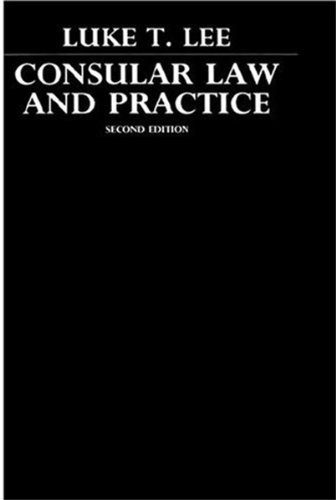
The author of this book is a member of the US State Department's Senior Executive Service, Chairman of the International Law Association Committee on the Legal Status of Refugees, and Adjunct Professor of Law at the American University. It is not a new book but is still available on demand from OUP (when you look at the price, though, who is holding the pistols is a moot point). The first edition was published in 1961, shortly before consular law was codified in the Vienna Convention on Consular Relations (1963), and the method of the second edition is correspondingly different in emphasis - d...
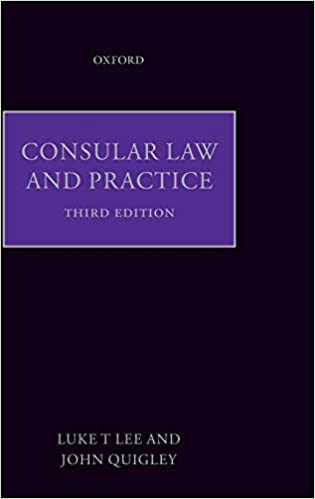
First published in 1961, Consular Law and Practice is a classic work of great interest and practical use to diplomats, consuls, and international lawyers.
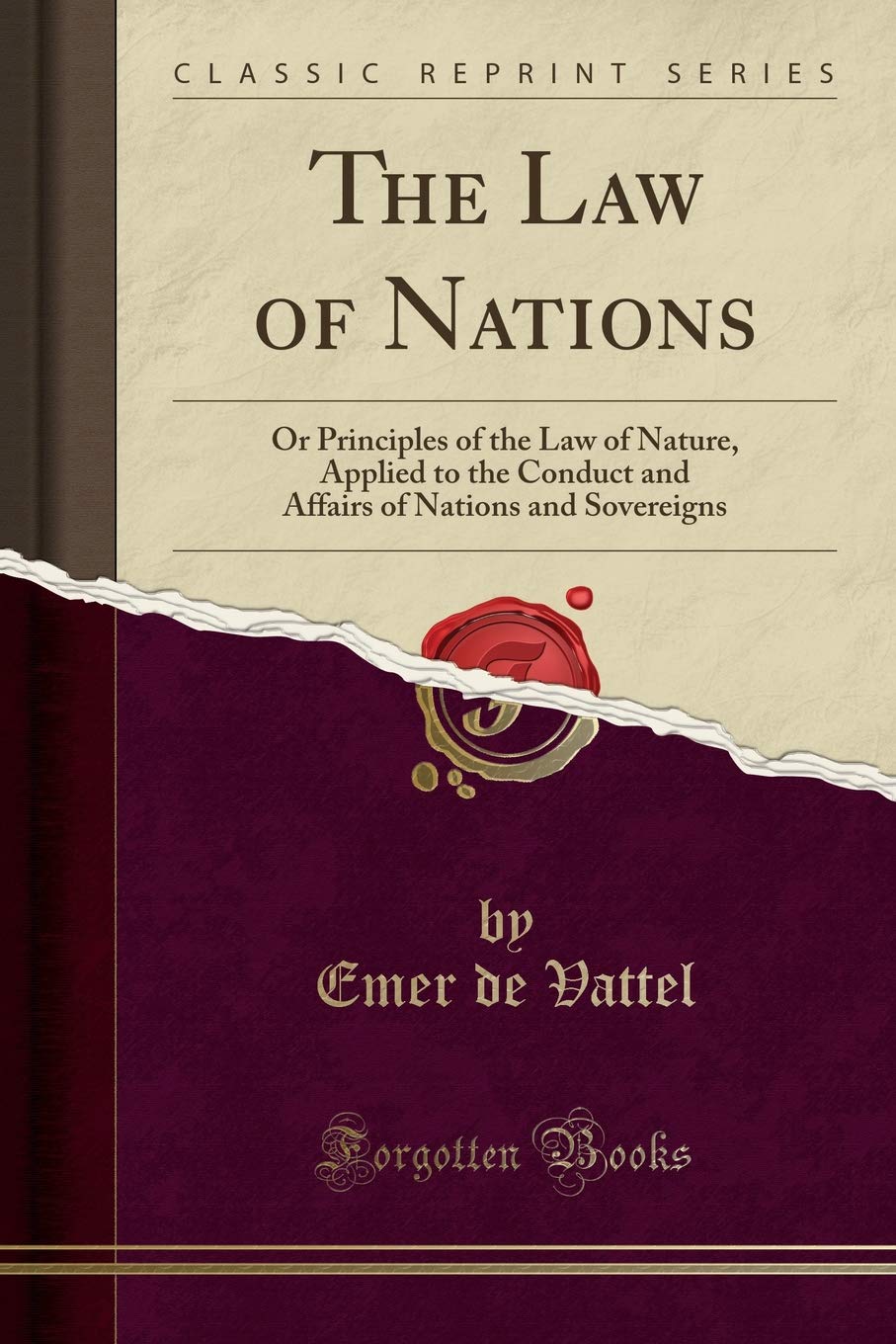
The Law of Nations discusses principles of law applied to nations and sovereigns, guiding their conduct and affairs.
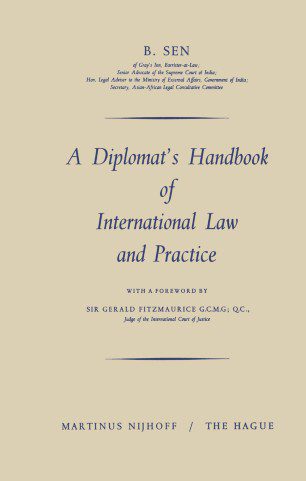
The following text outlines guidelines for diplomats on international law and practice.
The Convention defines internationally protected persons and outlines crimes against them, emphasizing the need for preventive measures and cooperation among States for the punishment of such crimes. Jurisdiction, extradition, fair treatment of offenders, and mutual assistance in criminal proceedings are also addressed within the Convention.
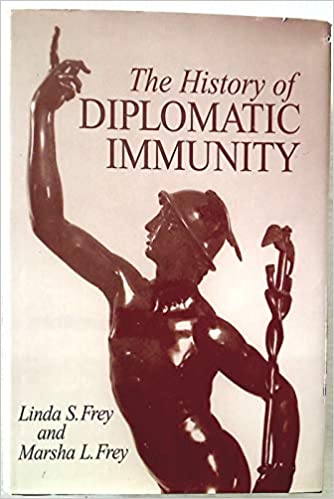
A thorough and extensive book on diplomatic immunity covering Western tradition, the Ottoman Empire, and the Far East. It provides a comprehensive historical overview, but its heavy reliance on examples and cases sometimes clouds key ideas. The authors occasionally overemphasize reciprocity's role in diplomatic relations, overlooking other significant factors. The book also paints a bleak picture of late 20th-century diplomacy, neglecting positive aspects like the strengthening of the international system. Despite some flaws, the reviewer recommends it to students.

The abuse of diplomatic privileges and immunities has been an issue in the United Kingdom recently, leading to concerns and consequences.
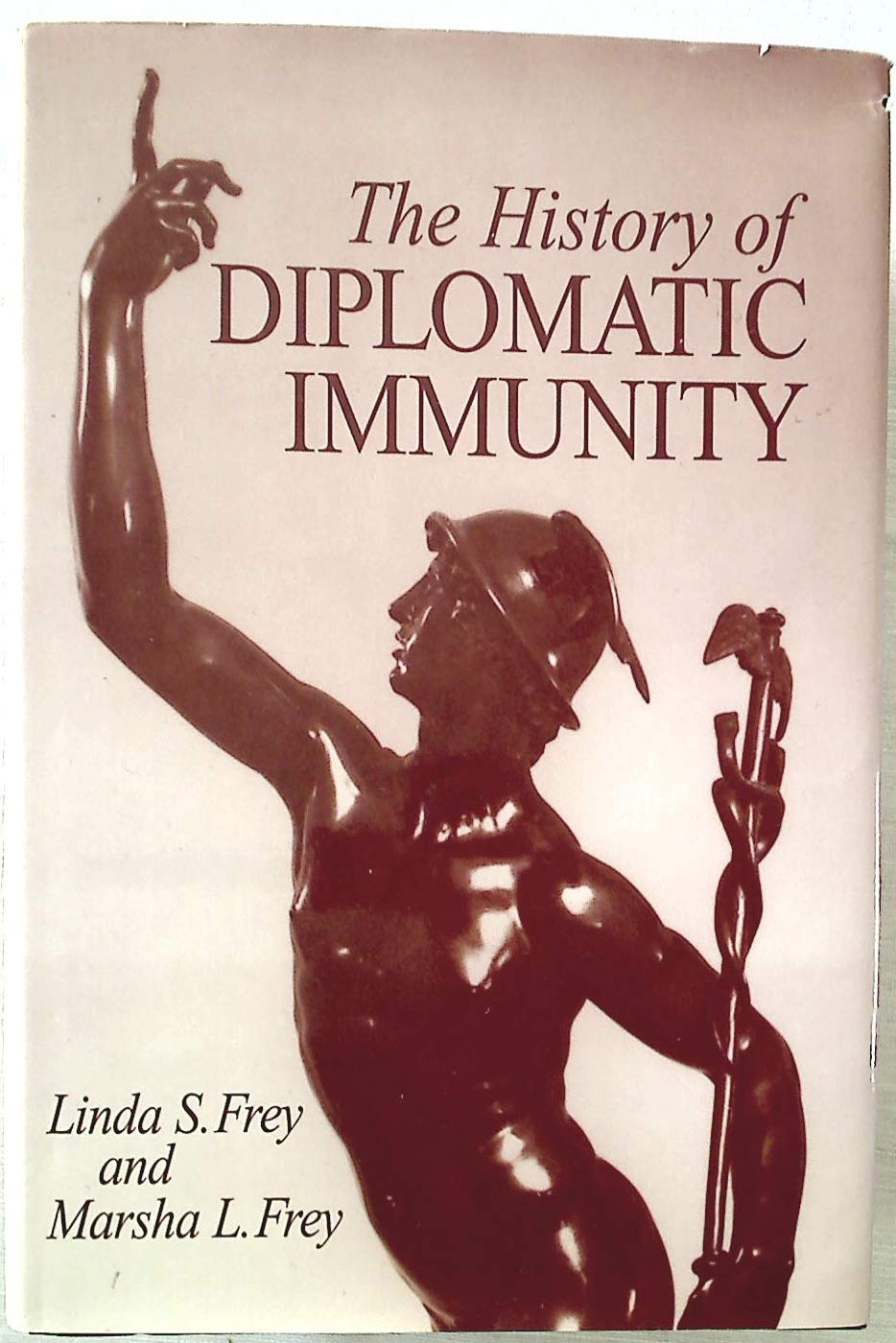
This is a massive book in more than one sense. It is over 700 pages long, including an invaluable bibliography which itself stretches over 70 pages. While dwelling chiefly on the Western tradition, it also takes in the Ottoman Empire and the Far East.
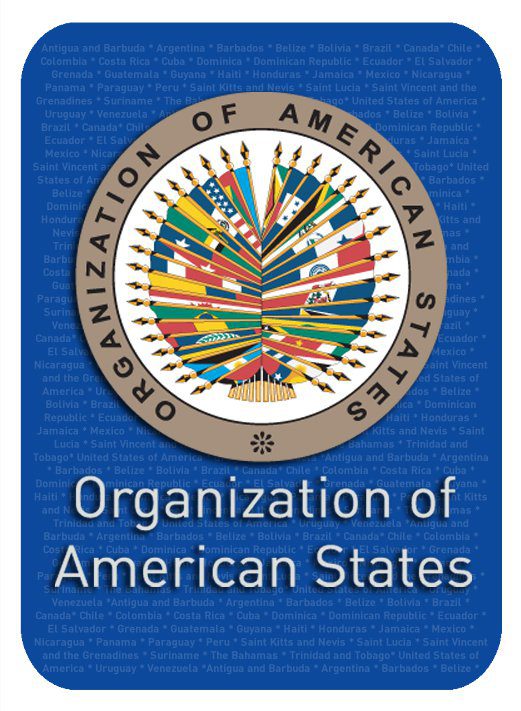
The message will detail about the Convention on Diplomatic Officers.
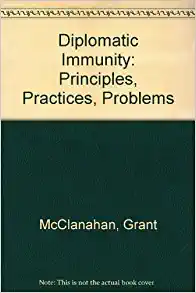
Diplomatic Immunity: Principles, Practices, Problems" explores the concept of diplomatic immunity, its application, and the challenges it poses.

Text adopted by the Commission at its forty-third session, in 1991, and submitted to the General Assembly as a part of the Commission’s report covering the work of that session. The report, which also contains commentaries on the draft articles, appears in Yearbook of the International Law Commission, 1991, vol. II
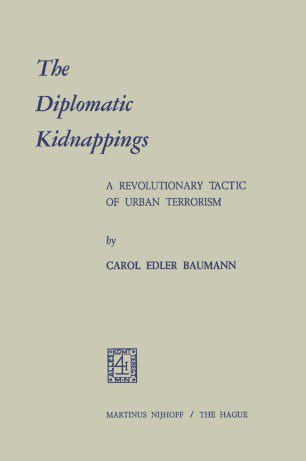
The article discusses how diplomatic kidnappings have become a tactic of urban terrorism within revolutions, targeting diplomats to exert pressure on governments. Diplomats are seen as valuable assets by their home countries, making their abduction a powerful tool to achieve political objectives.
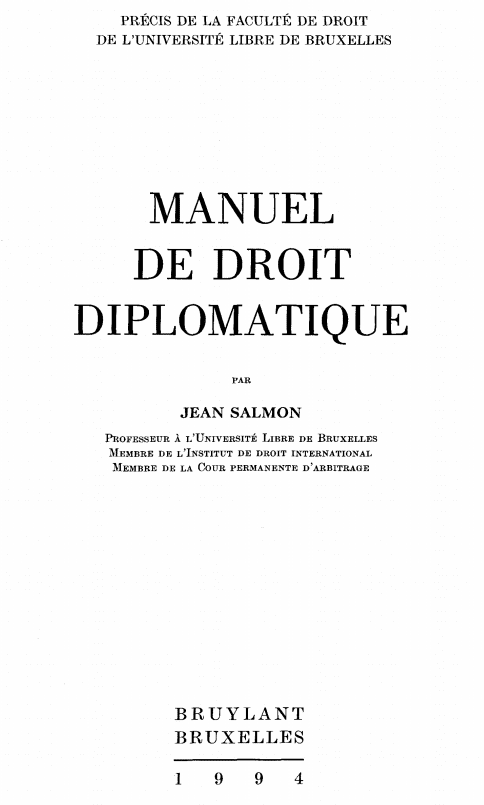
This text is the first chapter of the "Manuel de droit diplomatique," a comprehensive guide on diplomatic law.
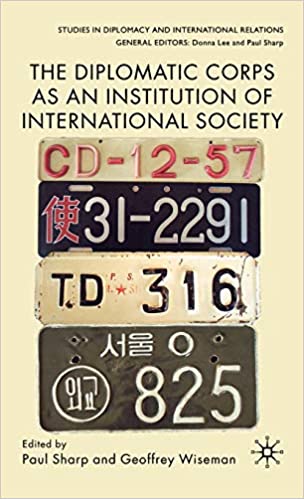
The Diplomatic Corps is an institution that plays a crucial role in international society by facilitating communication and negotiation between different countries. It serves as a bridge between nations, fostering peaceful resolutions to conflicts and promoting cooperation on global issues. Diplomats are trained professionals who represent their countries' interests abroad and work to build relationships based on mutual respect and understanding. Through their diplomatic efforts, the Diplomatic Corps helps maintain stability and promote diplomacy in the international arena.
Peacetime Regime for State Activities in Cyberspace (ed by Katharine Ziolkowski) covers in a multi-disciplinary approach the technical, legal, policy and diplomacy aspects of State activities in cyberspace during peacetime. It consists of 23 chapters of academic nature, elaborated by 24 authors specialised in the respective areas of expertise. Diplo's Dr Jovan Kurbalija contributed this chapter on E-diplomacy and Diplomatic Law in the Internet Era.

The text discusses the Convention on Diplomatic Asylum.
Tailor your subscription to your interests, from updates on the dynamic world of digital diplomacy to the latest trends in AI.
Subscribe to more Diplo and Geneva Internet Platform newsletters!
Diplo is a non-profit foundation established by the governments of Malta and Switzerland. Diplo works to increase the role of small and developing states, and to improve global governance and international policy development.
